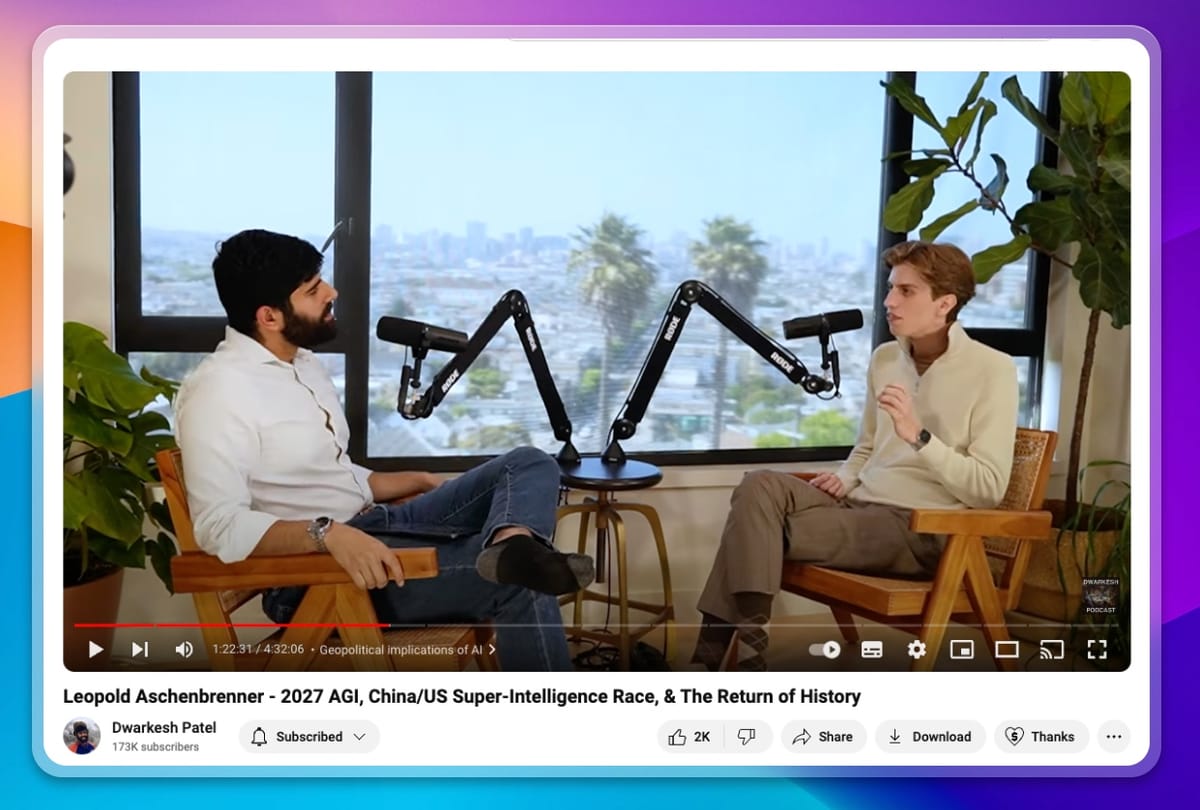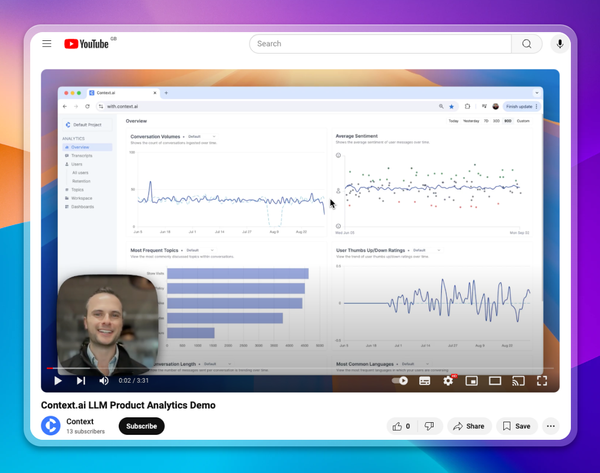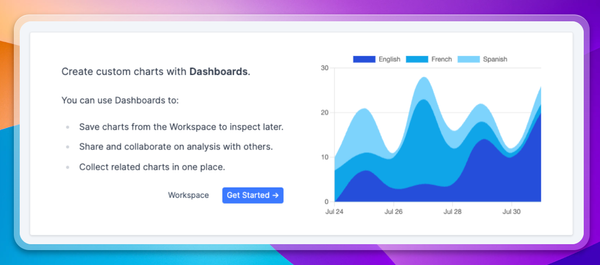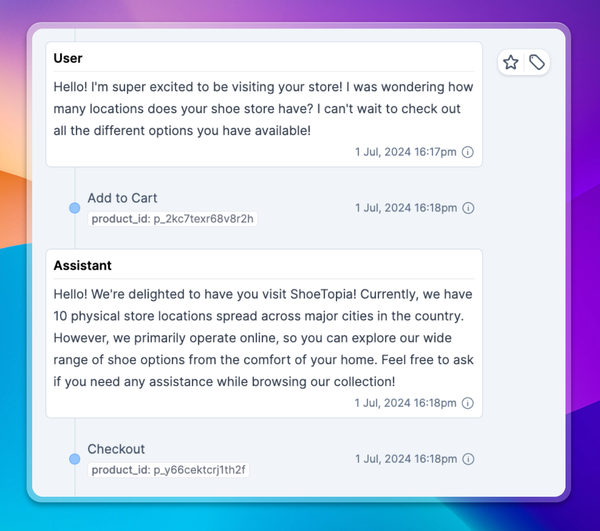Everyone’s talking about the Aschenbrenner AGI interview

Everyone’s talking about the Aschenbrenner AGI interview
Have you seen it yet?
If you haven’t got 4 hours to spare, these are my takeaways:
Aschenbrenner graduated top of his class from Columbia at 19, then worked in Superalignment at OpenAI. He now runs an AI fund backed by the Collison brothers, Nat Friedman, and Daniel Gross.
He argues that the trends in model performance improvement will continue - driven by continued exponential increases in compute cluster sizes. He sees this resulting in Artificial General Intelligence by ~2027 and Artificial Super Intelligence at some not-too-distant point after this. Is that crazy? He points to progress so far:
GPT2 was released in 2019 and had the intelligence of a preschooler. GPT4 was released 4 years later and (he argues) has the intelligence of a smart high schooler. If this rate of improvement continues with another equivalent jump, we will soon move beyond chatbots to automated workers as generally capable as the average knowledge worker. Soon after that, we build automated AI researchers and engineers that accelerate the rate of breakthroughs even further towards ASI.
He argues that at some point on this journey AI labs are likely to be nationalized due to the incredible power of these AI tools, similar to the Manhattan Project for nuclear weapons. He also points out that tech startups like OpenAI or Anthropic are nowhere near secure enough to handle the state-level spying they will be subjected to as these models approach AGI, as China and Russia will be very motivated to steal the technology to try to catch up with the lead currently enjoyed by liberal democracies in the West.
People are criticizing his POV based on his generous extrapolation of current trends into the future. Babies double their weight in their first 6 months, but you can’t extrapolate that to a 100 ton child. Zuckerberg argued (also to Dwarkesh) that limits in energy and chip supply will constrain the enormous compute clusters - at least in the US/Europe, where the leading providers have committed to green energy and are heavily constrained by building regulations for new power plants.
But these trends have continued to hold for the last 7 orders of magnitude. If they continue over the next 5-10 years, the future is going to get very interesting





